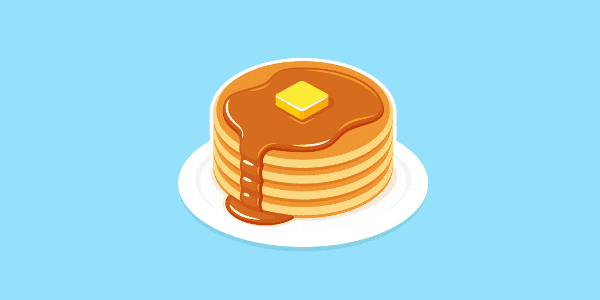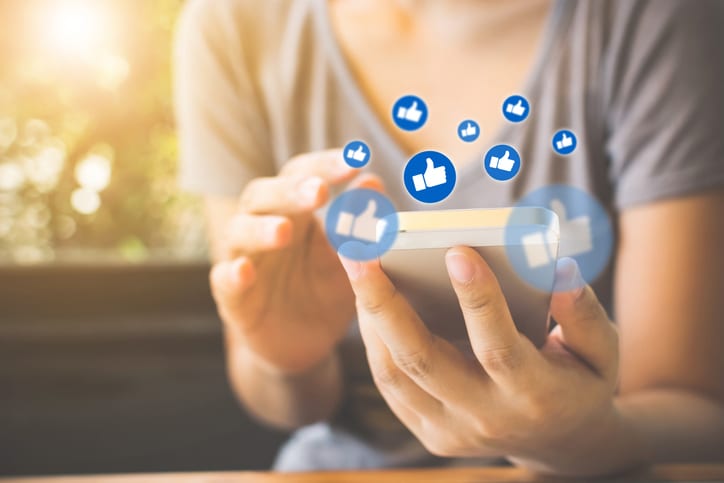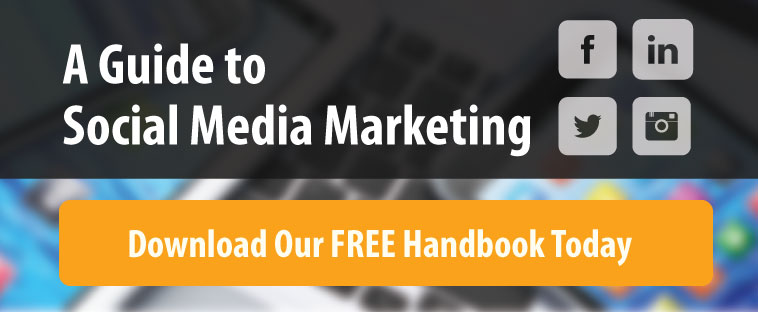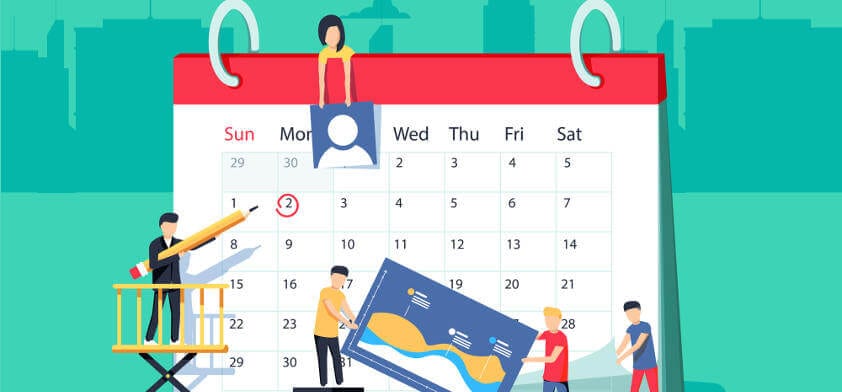Log in to Twitter and check the “Trending” section. It’s almost guaranteed that some sort of social media holiday, ranging from fun celebrations like National Dog Day to obscure observances like National Blame Someone Else Day, will be trending topic. Sometimes, it’s great to hop into the conversation surrounding these holidays. Other timess, there’s absolutely no point.
Where did all of these Social Media Holidays Originate?
The United States only recognizes 10 national holidays, and they’re the big ones, like Martin Luther King, Jr. Day and Thanksgiving. So where do all of these social media holidays, also known as “hashtag holidays,” come from?
Big Brands
Many hashtag holidays are conjured by big brands who use their influence on the internet, particularly social media, to create a day that they can leverage to sell their products or services.
For example, IHOP pretty much made up National Pancake Day, the “holiday” on which they serve free pancakes, to generate publicity. If a brand with an influence as large as IHOP dedicates enough energy to promoting a national day, people will follow.
This isn’t much different from “Hallmark Holidays,” which were created by big corporations leveraging America’s consumption-centric economic and cultural landscape to sell things. Valentine’s Day is an example.

National Day Calendar
In 2013, Marlo Anderson created a website dedicated to archiving and researching all of these fake holidays, called National Day Calendar. Users can submit requests to register national days.
This website is certainly responsible, in part, for the proliferation of hashtag holidays because many marketers (ourselves included) often check them to find relevant topics of discussions when planning social media content.
In Defense of Hashtag Holidays
Marketing Opportunities
Hashtag holidays serve as great social media marketing opportunities. They give brands things to talk about and deals to promote.
For example, September 18 marks National Cheeseburger Day, and plenty of restaurants and fast food chains used it as a reason to sell discounted burgers this year. You know we took advantage of that.

Spreading Awareness
Hashtag holidays are also wonderful occasions to spread awareness about important topics.
The World Health Organization observes World Mental Health Day on October 10 each year. The #WorldMentalHealthDay hashtag is full of valuable self-care tips and touching personal anecdotes about overcoming adversity.
Raising Money
Social media holidays are often catalysts for philanthropy.
#GivingTuesday is celebrated on the Tuesday following Thanksgiving, Black Friday and Cyber Monday. It simply encourages gift giving and donations, to individuals as well as organizations. It’s estimated to have raised about $300 million dollars since its inception in 2012.
The Case Against Fake Holidays
Brands aren’t Slick
Once upon a time, people thought it was hilarious that McDonald’s had a Facebook Page. The idea of befriending brands on the internet was a fun novelty. Back then, if the McDonald’s Facebook Page simply posted a blurry photo of a Big Mac with the caption “#NationalCheeseBurgerDay,” it would have been met with ridiculously high engagement. Not anymore.
People are becoming desensitized to boilerplate social media marketing that lacks innovation. When you’re hopping in on every single trending topic with nothing meaningful to say, people know it’s a shallow, pandering promotional ploy. It will be ignored at best, and will make your brand look like it’s trying too hard at worst.
In other words, yes, it’s okay not to tweet about “National Something on a Stick Day” on behalf the accounting firm you manage social media for. Unless you can think of something super creative and clever, in which case, give it a shot.
Hashtag Hijacking
If you browse trending hashtags on Twitter, you’ll notice that some tweets are completely off-topic. Spammers will often tweet random things and attach every single trending hashtag, just so people will see their content.
That would be like us tweeting out the link to this blog post with “#MondayMotivation #NationalDogDay #InternationalDayOfKindness #Thanksgiving #Politics #NFL” in the caption. It’s a hack move and it’s annoying to anyone who’s browsing those hashtags sincerely.
Social media holidays are here to stay. As a brand, make sure you monitor the conversation surrounding these hashtag holidays before deciding to jump in.


